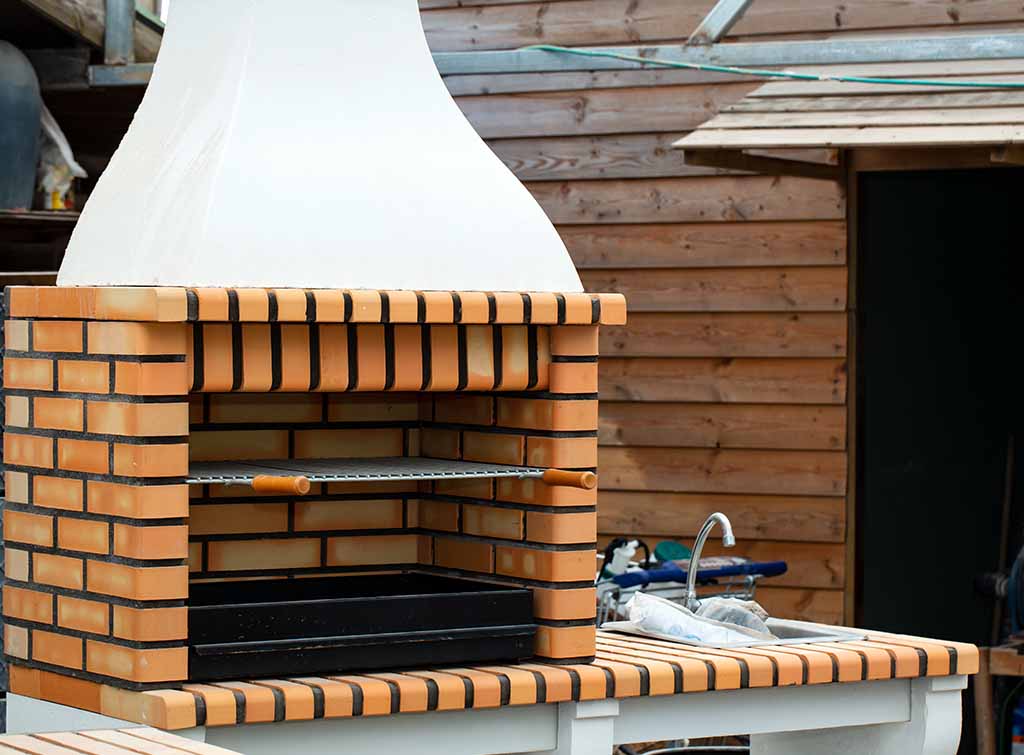Blog>Questions>Hard wired or plug in electric oven?
Last updated: 13 November 2023
Hard wired or plug in electric oven?
In the UK, you can have either a hard wired or plug in electric oven. But what's the difference and which do you need? Find out in this quick read.
In the UK, you can have either a hard wired or plug in electric oven. But what's the difference and which do you need? Keep reading to find out more.
Hard wired or plug in electric oven – what's the difference?
The main difference between a hard wired and plug in electric oven is the amount of power that they need.
A traditional 3-pin plug socket can provide power up to 13 amps, which is the equivalent of 3 kilowatts of power.
Most modern ovens use more than 3kW of power and will therefore need a higher current than a standard British plug can provide.
Electric ovens that need more than 13 amps of current will need to be hard-wired to your home's power supply. Hard wired cabling can often provide your oven with up to 45 amps of power.
Therefore, you'll find that the majority of ovens nowadays are hard wired instead of plug in.
Check out our guide on how to find the best local electricians.
Hire a qualified local electrician to connect your electric oven
If you need to hard wire an electric oven in your home, you'll need the help of a qualified electrician.
An experienced local electrician will be able to safely and efficiently run a new cable between your home's consumer unit (fuse box) and your electric oven.
To find the best local electricians near you, enter your postcode in the box below and search our online directory.
See the tradespeople we've checked and recommend for your job
See the tradespeople we've checked and recommend for your job
